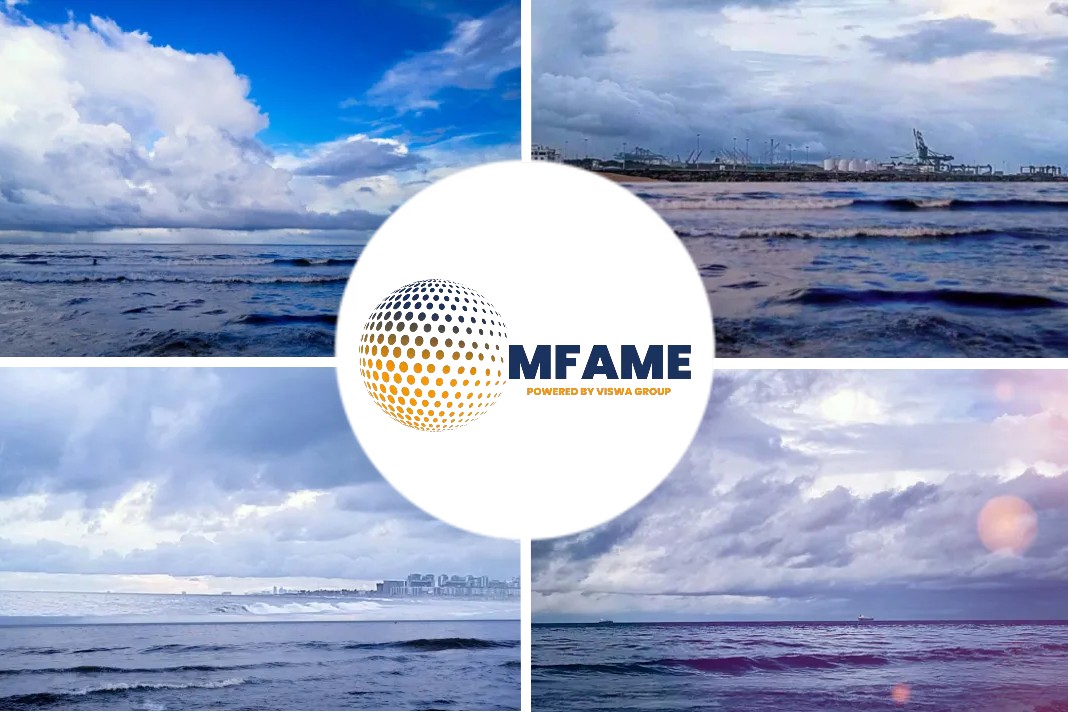In a major development, a coalition of shipping trade associations has announced that shipping is not ready to safely implement IMO 2020 low-sulfur fuel rules by the start of next year, says an article published in Freight Waves.
Standard Discrepancies Loom?
Unless some form of emission abatement technology such as scrubbers has been installed on vessels, the new International Maritime Organization (IMO) regulations mandate that the sulfur content of fuel oil used by ships operating outside designated emission control areas does not exceed 0.5%, compared to 3.5% now.
Scheduled to enter into force Jan. 1, the rules will be a major boost to the environmental performance of ocean freight. However, as reported in FreightWaves, the premium prices of low-sulfur fuels are expected to drive up global supply chain costs, and shipping bodies also believe there could be fuel shortages and discrepancies in standards.
Who were in this association?
These were among the points made by a roundtable of shipping leaders representing the major shipping industry trade associations BIMCO, ICS, INTERCARGO and INTERTANKO when they met Sept. 10 during London International Shipping Week.
“With less than four months to go until the introduction of the new limits on sulfur emissions from shipping, there is still significant uncertainty about the worldwide supply of permissible fuels and concern about the safety and compatibility of fuel options,” said a joint statement.
Call for Doubling Efforts
The associations called on all parties, including charterers, bunker suppliers and nation states to “double their efforts to ensure a smooth transition” and provide operators with clear fuel standards ahead of Jan. 1.
“The industry has been working hard to ensure that we are ready for January 1, 2020, but we still have major concerns over the safety and availability of compliant fuels,” said Dimitris J. Fafalios, chair of INTERCARGO, who also chaired the meeting.
All Parties To Play Their Part?
“We need all parties to fully play their part. It would not be acceptable to have even one ship drifting powerless at the mercy of the ocean.”
“Shipping is a highly integrated and efficient industry and we rely on many stakeholders in the value chain, particularly fuel suppliers and oil refiners to ensure we are all able to benefit from the long-term health benefits that this will bring.”
Supporting IMO
The shipping associations reemphasized the industry’s support of the IMO’s strategy to reduce GHG emissions from international shipping by 2050, adding that “there are no one-size-fits-all solutions” and that “there will be different solutions in different sectors.”
However, the roundtable leaders were clear that solutions would be found. “The shipping industry has already made great strides in emissions reduction in the last 10 years by reducing emissions by 10% whilst facilitating a 30% increase in global trade, but we recognize that there is more to be done to deliver on the 2050 goal,” said Fafalios.
Committed To Work
“The industry is committed to work with all concerned stakeholders to move shipping closer to a zero-emissions future. There is much work still to do but we are clear that the shipping industry recognizes the importance of meeting these objectives.”
Did you subscribe to our daily newsletter?
It’s Free! Click here to Subscribe!
Source: Freight Waves
















